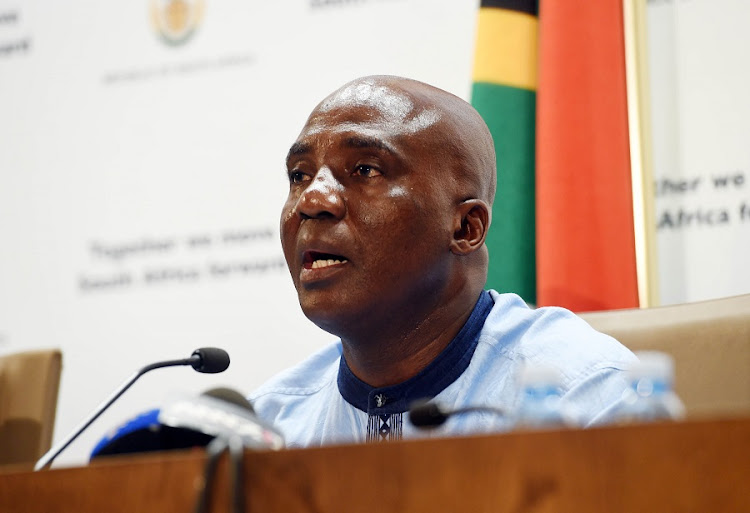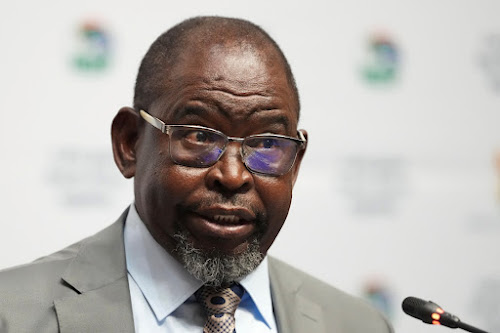
In a scene that perfectly captured the grit—and sometimes the chaos—of parliamentary life, Members of Parliament (MPs) in South Africa pushed through the National Assembly’s budget report this week, refusing to be derailed by unexpected disruptions, including a fire alarm that sent shockwaves through the chamber.
The debate, held at the Parliament precinct in Cape Town, was part of the critical budget process where lawmakers review and vote on the government’s proposed expenditures for the next financial year. With deadlines looming and high political stakes, MPs were already under pressure to scrutinize the lengthy budget reports line by line. But in a dramatic turn, a fire alarm blared mid-session, forcing many members to briefly evacuate the chamber.
According to parliamentary officials, the alarm was triggered by a technical glitch—thankfully, not a real fire. Still, the disruption added to an already tense environment. Some MPs chuckled nervously upon re-entering the chamber; others were less amused, citing fatigue and urgency.
“We are literally slogging through this, come hell or fire alarms,” quipped one MP, drawing laughter from both sides of the aisle.
Despite the interruption, the work continued. MPs went back to debating issues ranging from public sector wage bills, social grants, infrastructure development, and defense spending to the controversial allocations to state-owned enterprises like Eskom and South African Airways.
 Opposition parties used the opportunity to challenge the ruling party on matters of accountability and transparency, particularly in areas where public funds have historically been mismanaged. Meanwhile, the ruling African National Congress (ANC) defended the budget as a tough but necessary plan to stabilize the economy and promote job creation.
Opposition parties used the opportunity to challenge the ruling party on matters of accountability and transparency, particularly in areas where public funds have historically been mismanaged. Meanwhile, the ruling African National Congress (ANC) defended the budget as a tough but necessary plan to stabilize the economy and promote job creation.
Chairpersons of various committees read through dense documents, making technical recommendations and amendments. Finance Minister Enoch Godongwana, who has been under pressure to balance fiscal discipline with social demands, listened carefully as MPs raised concerns from their constituencies.
Outside of the chambers, some civil society organizations and unions had also gathered peacefully, demanding more allocation for education, health, and unemployment relief. These protests, though not disruptive, added a layer of public scrutiny to an already intense process.
Parliamentary staff worked late into the evening to ensure the day’s agenda was completed, with some committee clerks and legal drafters staying behind to finalize reports that would feed into the final vote.
Political analysts noted that while budget sessions often carry a level of routine, this year’s process has been particularly challenging due to economic uncertainty, rising public debt, and the growing cost of social assistance in a struggling economy. The symbolic weight of pushing through the session despite the fire alarm wasn’t lost on observers.
“Parliament is working under pressure, both from within and from the public,” said a senior analyst. “But that’s democracy—sometimes noisy, sometimes chaotic, but always moving forward.”
In the end, the resilience of the MPs, who continued their work despite technical distractions and political tensions, served as a reminder of the tough balancing act lawmakers face—crafting a budget that can meet urgent national needs while ensuring long-term sustainability.
As the day closed, the fire alarm was long forgotten, but the heat of budget politics remained very much alive.

